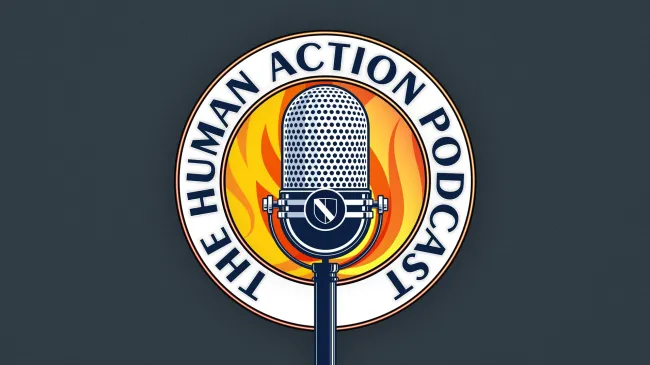How People Can Better Fight Inflation
Ordinary people cannot stop the Fed and the government from inflating the currency, but they can take measures to shield themselves from some of its harmful effects. Mark Thornton presents a few ideas on how it can be done.








